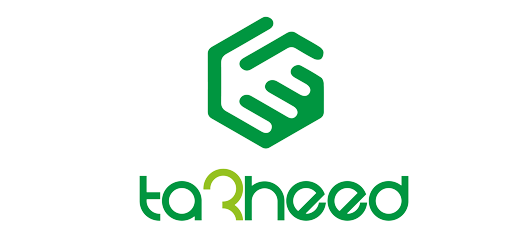
Call centers may contract with companies that provide financial services, which allows them to obtain financial data from customers. How do you deal with this?
How do call centers handle user data?
The evolving world of regulatory compliance is complex at the best of times, even for organizations with significant resources.Contact center compliance means that the company adheres to the rules regarding consumer data and privacy set by organizations and regulators according to the uniphore website. .
Contact centers must comply with guidelines set by a wide range of regulatory bodies around the world, so rules regarding data collection and use vary based on the business’s clients, industry, and type of services.
Contact center leaders must manage the data flowing in and out of their contact center strategically and according to strict rules to achieve required compliance.
This means following regulatory guidelines at every step, including when a company receives, collects, and stores sensitive information.
Doing this right can help businesses boost customer trust, increase revenue, and build their reputation with consumers.
However, failure to adhere to these guidelines can result in heavy fines and penalties, significant damage to the brand’s reputation and even criminal prosecution of the company itself or its call center.
Contact center compliance depends on a variety of factors, some of which affect almost every contact center, and others that only apply to companies in specific industries or locations.
Contact center compliance regulations include:
For example, the Dodd-Frank Wall Street Reform and Consumer Protection Act requires call centers to record all phone conversations with customers.
These conversations must be saved with a time stamp and date that is easy to discover. The law was written to target the issues that led to the 2008 financial crisis and aims to prevent risky economic activities and protect consumers from practices such as predatory lending.
The European Union’s General Data Protection Regulation (GDPR) imposes data privacy and security regulations on any company that targets or collects data relating to people residing in the European Union.
Under the law, companies that collect and process data must adhere to seven principles of accountability and protection to ensure accountability, data confidentiality, fairness, integrity and transparency.
The regulation, which came into effect in May 2018, imposes tough penalties on companies that violate its standards, with maximum fines of €20 million or 4% of global revenue, whichever is higher.
Call centers operating in healthcare, for example, must adhere to the guidelines set forth in the Health Insurance Portability and Accountability Act (HIPAA).
The law restricts the use and sharing of personal health data and requires companies to secure and encrypt consumer data where necessary.
While PCI compliance aims to ensure the security of the credit card ecosystem, which includes computers, e-commerce applications, mobile devices, point-of-sale systems, servers, and wireless access points.
Securing this depends on meeting multiple requirements covering the company’s use of antivirus software, data access, encryption, firewalls, and network monitoring.
While the Telephone Consumer Protection Act (TCPA) restricts telemarketing and the use of automated telephone devices, the law was introduced in 1991 amid the rise of unregulated telemarketing and fax calls and made consumer consent a primary focus for businesses communicating directly with customers.
It ensures that companies adhere to strict rules around solicitation in line with the laws, allowing customers to file lawsuits in certain cases.







